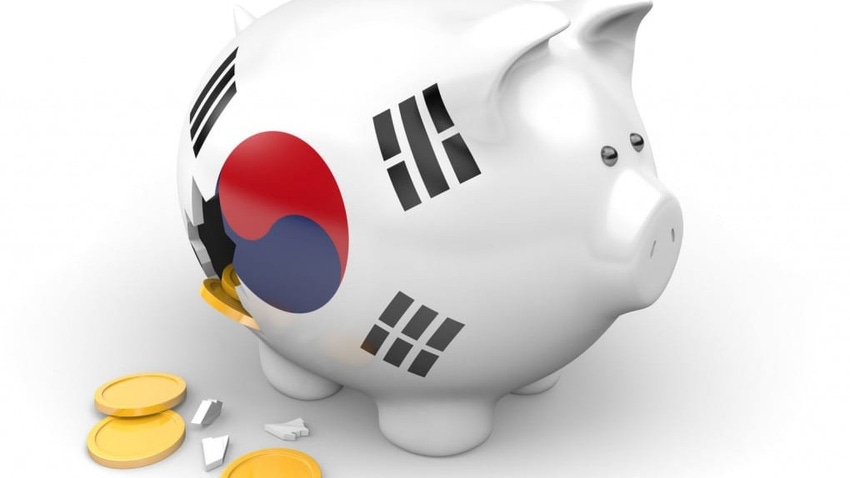Korea to build $471 billion semiconductor 'mega cluster'
South Korea's president Yoon Suk-yeol has launched a detailed plan to cement his country's status as a semiconductor superpower.
January 15, 2024

Through a combination of financial incentives, the government hopes to attract private sector investment totalling a massive 622 trillion won ($471 billion) between now and 2047, funding construction of the world's largest 'mega cluster' of chip factories and R&D facilities.
South Korea is already one of the largest producers of semiconductors. According to the Ministry of Trade, Industry and Energy (MOTIE), semiconductors have been its single biggest export for the last 11 years, accounting for 16% of exports and around 10% of GDP.
However, Yoon and his administration are aware that Korea is in a global race against other major chip-manufacturing countries like China, Japan and Taiwan, and others that have ambitions to join them, like the US and Germany.
Semiconductor supply chain independence is also of concern. At the moment, the government said around 30% of the chips used in Korean products today are produced on home soil, leaving it vulnerable to supply chain disruption.
Korea hopes its mega cluster will help it fend off the competition and establish itself as the undisputed champion of the semiconductor world. It also hopes to its increase supply chain independence rate to 50%.
Three new labs and 16 new factories – on top of the 21 that Korea already has – are in the works. The cluster will span more than 21,000 square kilometres – an area roughly the size of New Jersey. The government hopes the mega cluster will be churning out 7.7 million wafers per month by 2030, making it the world's biggest producer.
Samsung and SK Hynix have already shared plans to invest. According to The Korea Herald, Samsung will spend KRW480 trillion ($363 billion) on new fabs and production lines, while SK Hynix will spend KRW122 trillion ($92 billion) on a new memory chip plant.
The scheme is expected to create as many as 3.46 million direct and indirect jobs.
However, an initiative of this scale will place huge strain on Korea's power grid and water supply.
Yoon noted that a single chip fab consumes the same amount of power as a city of 1.4 million people.
The mega cluster is expected to require an initial 3 gigawatts of power, rising eventually 10GW. To put that into perspective, the world's largest operational nuclear power station, which also happens to be in South Korea, boasts an output of just over 7.6 GW.
When it comes to water, MOTIE said it expects demand of approximately 1.1 million tons – including fresh and waste water – every day.
To address demand, the government has unveiled new legislation – The Special Act on Expansion of the National Power Grid – which will remove red tape and expedite building permits relating to electricity transmission lines and water pipes. It has set a target of reducing the construction time of transmission lines by 30%.
"We plan to provide all-out support together with related organisations, including local governments, to ensure that this is carried out," said MOTIE in a press release (in Korean).
Describing this strategy as hugely-ambitious is an understatement. By comparison, the US CHIPS act allocated $39 billion of financial incentives specifically for building new fabs. According to the Semiconductor Industry Association (SIA), the act has attracted pledges of private investment totalling more than $200 billion so far.
That's an impressive sum, but it's worth noting that the US economy is 15 times bigger than South Korea's, which gives some idea of the scale of the latter's plans relative to the size of its economy.
Or to put another spin on it, based on statistics from the Council on Foreign Relations (CFR), it would be cheaper for Korea to host the summer Olympics 10 times in a row.
If the government delivers on its plan – and it is a big if given its scope – it will swing the balance of power in the global semiconductor manufacturing market firmly in Korea's favour.
About the Author(s)
You May Also Like











_1.jpg?width=300&auto=webp&quality=80&disable=upscale)


.png?width=800&auto=webp&quality=80&disable=upscale)